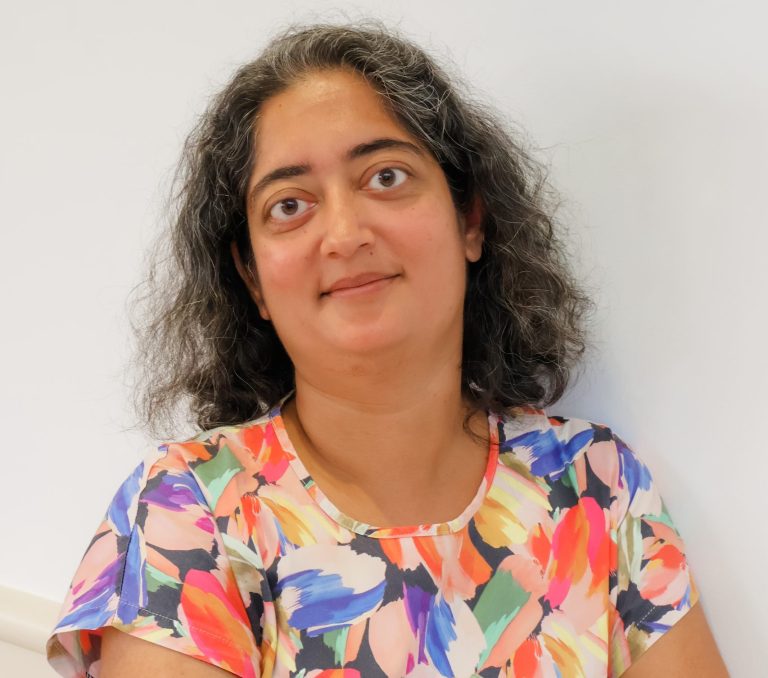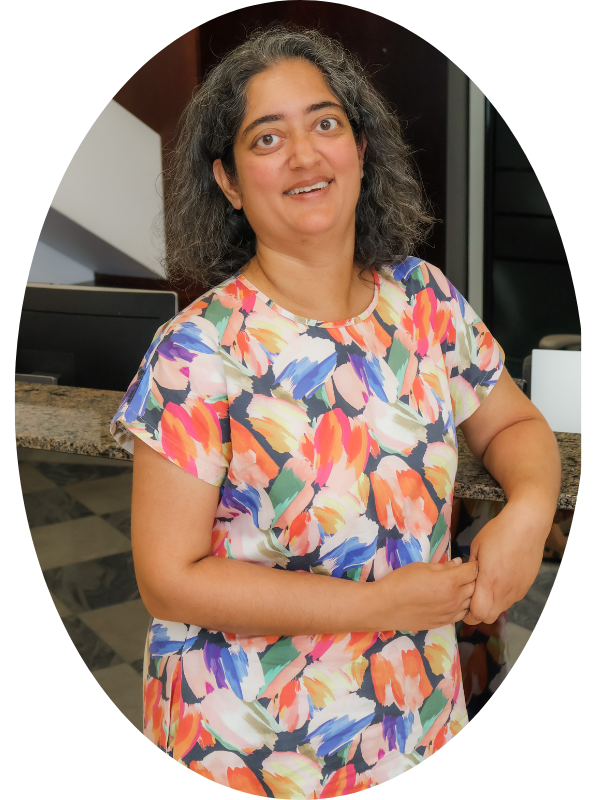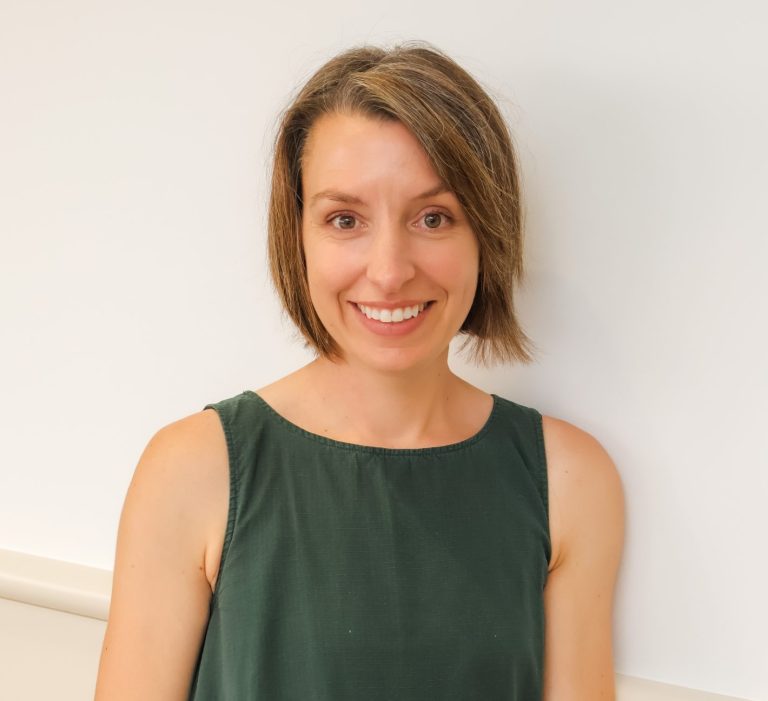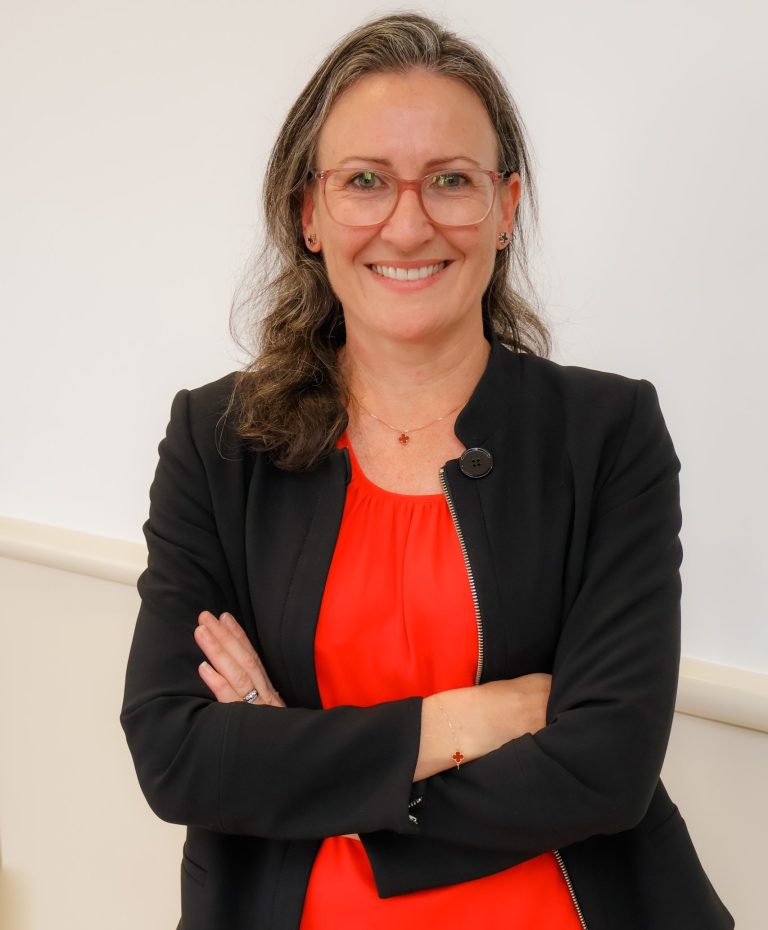GPSA Chair Report – July 2024

Change is the only constant… Or is it?
It was almost 15 years ago when, at the orientation day of a vocational training scheme not unlike the AGPT, a speech delivered by the Director – who was himself a GP – doused the enthusiasm of a room full of largely female trainees with two messages of doom:
that we would be impacted by medical (specifically GP) unemployment, and
that most of the women in that room would have at least one pregnancy during training… and that he expected to be informed about it as soon as it occurred.
I can’t attest to the accuracy for the rest of the registrars who heard those words, but for at least for one person in that room those predictions were entirely incorrect. Hence I find myself here still: a GP unwilling to blithely accept all the negative predictions about our profession and the future GP workforce currently swirling around us.
While I may accept change is the only constant and adaptability a skill that we undervalue, I remain optimistic that GP supervisors and our trainees have plenty to contribute to the delivery of quality primary healthcare for our communities in the years to come. Change doesn’t always come in the forms we expect, nor is it always unwelcome; it is in fact an opportunity for us to make what is good even better.
The past month has seen me in many gatherings, with many opportunities to meet and engage with members, partners and stakeholders. The topics of discussion have ranged from the single employer model to the NTCER review, use of AI, medical education tips and peer support to name a few. There is wide acceptance of the inevitability of changes to come, however there is also a desire to hold on to things that matter to us: the collaborative nature of GP supervisors and medical educators, the ability to pass on business skills and help grow new practices, and most of all having fun while we do the things we each do best. This last was clearly demonstrated at the GPME conference on the Gold Coast, where GPSA’s Drs Simon Morgan and Jess Wrigley launched our newest education tool “Consultation!” – a fun, educational and at times frustrating board game that uncannily mimics a day in practice as the players navigate patient presentations and brain teasing challenges while racing each other to the tea room before all the cupcakes are gone! If you want to know more, please have a look at (link) and other learning resources on our website and in your mobile app store designed around the philosophy Justin Coleman refers to as “edutainment”: making GP training more enjoyable.
At the tail end of June, GPSA brought together your on-the-ground College representatives, the Supervisor Liaison Officers (SLOs), for the annual face-to-face meeting of the SLO Advisory Council. This meeting took place across 2 half-days in Brisbane, and included a really productive session with key members of each College’s leadership team including both RACGP President (and former GPSA Chair) Dr Nicole Higgins and ACRRM President Dr Dan Halliday. Another first, driven by GPSA’s MoU with GPRA, the second day started with a joint meeting of the two advisory councils representing the key participants in vocational training: the RACGP, ACRRM and RVTS SLOs and their registrar counterparts, the RLOs. This was a highly engaged, interactive session that spoke to the passion, commitment and alignment of both the two Advisory Council members as well as the two independent peaks committed to supporting them, and in turn you.
The next month will bring for these peaks further engagement as we enter into negotiations regarding the revision of the NTCER. GPSA will also continue to participate in broader training and supervision conversations such as the facilitation of higher quality supervision for pre-fellowship PGY1 and PGY2 trainees in community general practice, supporting practices and supervisors in the next AGPT placement process, and seeking clarity from the Colleges about timing of Semester 2 out-of-practice education so that practices can take back some control over their ability to plan and minimise the impact on their patients’ access to registrars. We encourage you to contact us and your SLOs with any concerns or issues that you might have to ensure your needs are voiced in our discussions with our sector partners and Commonwealth.
Until next time, I leave you with words that come from another of my favourite motion pictures (that’s “movies” for you younger folk):
“Change isn’t always bad. It’s just different.” – Chani (from “Dune”)
Hopefully this reminds us that change, while often uncomfortable, really can lead to positive outcomes.
Dr Srishti Dutta
Chair
Date reviewed: 27 June 2024
Please note that while reasonable care is taken to provide accurate information at the time of creation, we frequently update content and links as needed. If you identify any inconsistencies or broken links, please let us know by email.






